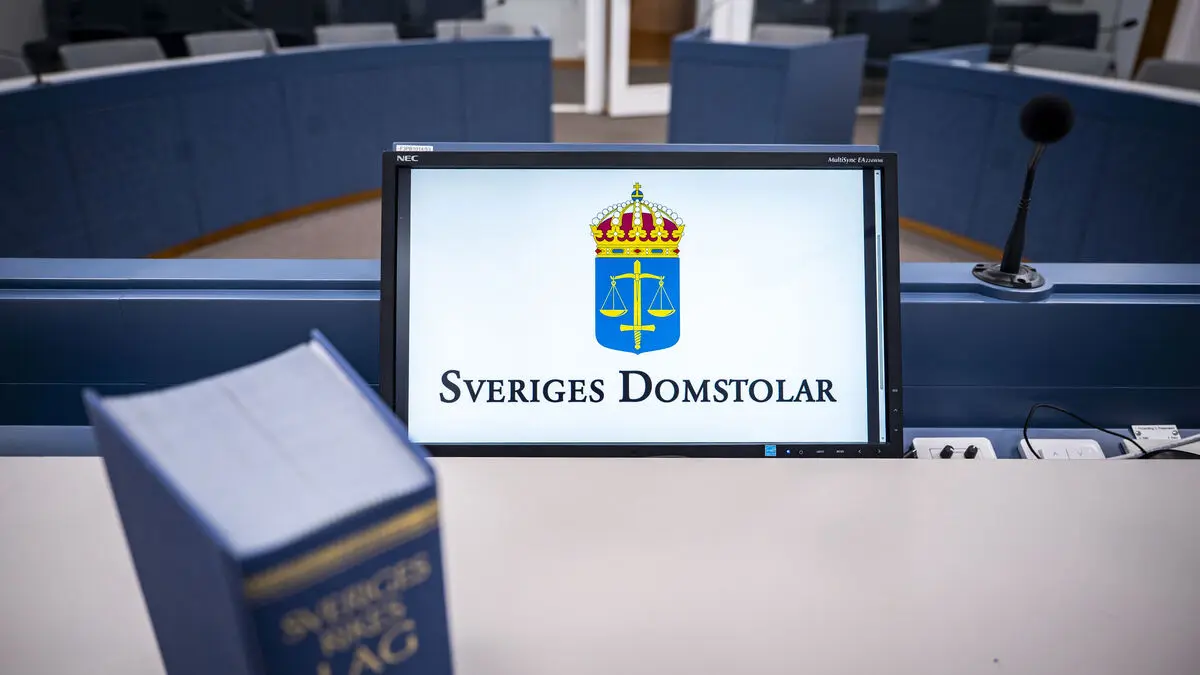The largest stock market crash in Japan since the so-called Black Monday in 1987 seems to have been somewhat of an overreaction. On Tuesday morning Swedish time, the Tokyo Stock Exchange has bounced back with over 9 percent.
The first spontaneous comments I hear from the stock market are that it probably went a bit too fast yesterday. It became a bit tunnel vision and people didn't have time to think afterwards, says Robert Bergqvist.
Even in the USA, the situation is somewhat better than what stock traders feared, according to Bergqvist.
When I look at the reactions on the stock exchanges, it's not a picture that is entirely synchronized with the economic situation. It's slowing down in the USA, but I don't see the kind of nervousness that the market has started to price in, says he.
Uncertainty remains
Bergqvist believes that we will see a rebound on several other stock exchanges around the world.
At the same time, the dark clouds remain, he emphasizes. The US economy, the war in the Middle East, and the Japanese interest rate hike will continue to have an impact.
It will remain, and it will give a dampened development on the stock exchange.
Maria Landeborn, senior strategist at Danske Bank, agrees that the concerns that caused the stock exchanges to plummet – the slowdown in the USA, the questioning of the AI rally, and the war in the Middle East – are still the same today.
The situation has not changed. We will certainly see more anxious days on the stock exchange ahead, but yesterday's reaction was a bit too dramatic, says she.
May see more defensive investments
Ahead, we may see a volatile market with many fluctuations. Much will depend on what important economic indicators say, such as employment rates, as well as upcoming interest rate decisions.
If we get a volatile market, we may see investors shifting from tech to more defensive investments, such as healthcare and consumer goods stocks. But if the economy looks positive, we may instead see a strong rebound in tech as people see the falls in that sector as a good buying opportunity.
At the same time, Robert Bergqvist emphasizes that a turbulent time on the stock exchanges is actually something valuable.
Sometimes we enter periods with larger corrections, and they force investors, economists, and decision-makers to focus on how the world really looks. It's important not to be lulled into believing that the stock exchange always generates returns.






